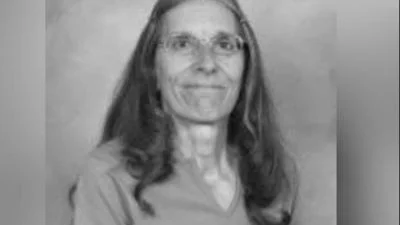Dave Murphy, Wisconsin State Representative for 56th District | Official Website
Dave Murphy, Wisconsin State Representative for 56th District | Official Website
According to the Wisconsin State Legislature's official website, the bill was described as follows: "tuition and fee remission for certain veterans and their dependents enrolled in the University of Wisconsin System or a technical college. (FE)".
The following is our breakdown, based on the actual bill text, and may include interpretation to clarify its provisions.
In essence, this bill eliminates the five-year residency requirement for veterans and their dependents within Wisconsin to qualify for a tuition and fee remission program at the University of Wisconsin System or technical colleges if the veteran was not a Wisconsin resident at the time of entering military service. Under the new terms, the program will grant tuition and fee remission if the veteran or their spouse or child are state residents immediately before enrollment. The remission applies to 128 credits or eight semesters, whichever is longer. The program mandates that all eligible educational assistance, such as benefits from the U.S. Department of Veterans Affairs, be applied first to cover fees before remission is calculated. The changes will take effect starting from the first semester following the bill’s enactment.
The bill was co-authored by Senator André Jacque (Republican-1st District), Representative David Armstrong (Republican-67th District), Representative Lindee Rae Brill (Republican-27th District), Representative Rick Gundrum (Republican-58th District), Representative Rob Kreibich (Republican-28th District). It was co-sponsored by Senator Cory Tomczyk (Republican-29th District), along two other co-sponsors.
David Murphy has co-authored or authored another 23 bills since the beginning of the 2025 session, with none of them being enacted.
Murphy graduated from the University of Wisconsin-Fox Valley in 1974.
Murphy, a Republican, was elected to the Wisconsin State Assembly in 2013 to represent the state's 56th Assembly district, replacing previous state representative Michelle Litjens.
In Wisconsin, the legislative process starts when a senator, constituent, group, or agency proposes an idea for a bill. After drafting, the bill is introduced, numbered, and referred to a committee for review and public input. If approved, it moves through three readings and votes in both the Senate and Assembly. Once both chambers pass the same version, the bill goes to the governor, who can sign it, veto it, or let it become law without a signature. Only a small share of bills introduced each session ultimately become law. You can learn more about the Wisconsin legislative process here.
| Bill Number | Date Introduced | Short Description |
|---|---|---|
| AB47 | 02/17/2025 | Tuition and fee remission for certain veterans and their dependents enrolled in the University of Wisconsin System or a technical college. (FE) |
| AB27 | 02/17/2025 | Expanding veterans benefits to individuals who served in Laos in support of the United States during the Vietnam War |



 Alerts Sign-up
Alerts Sign-up